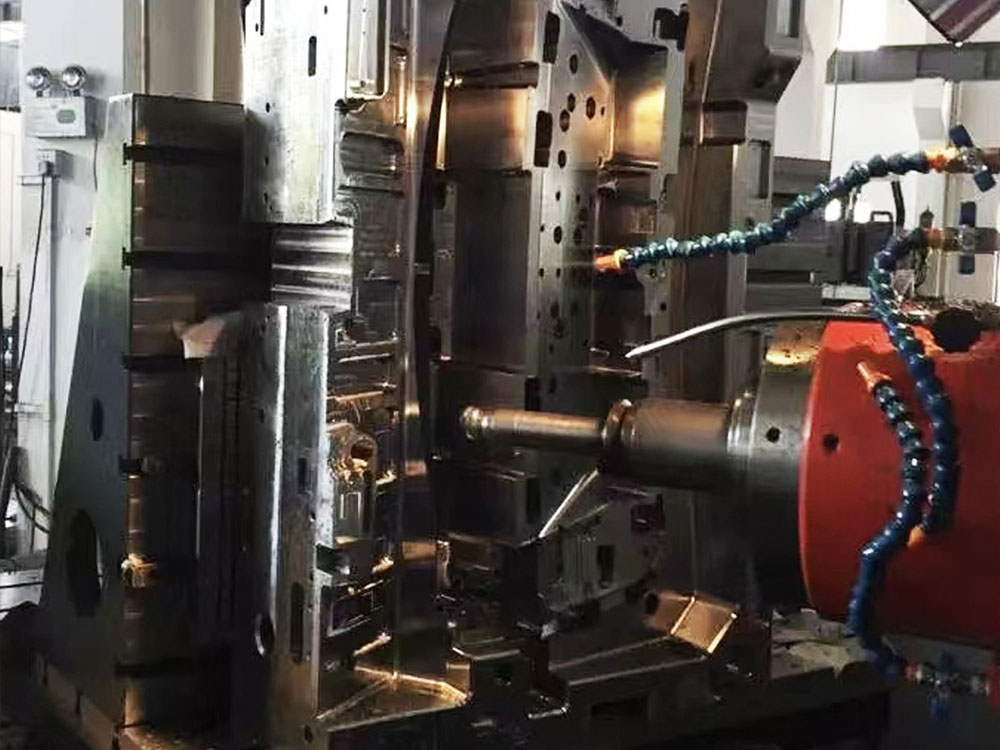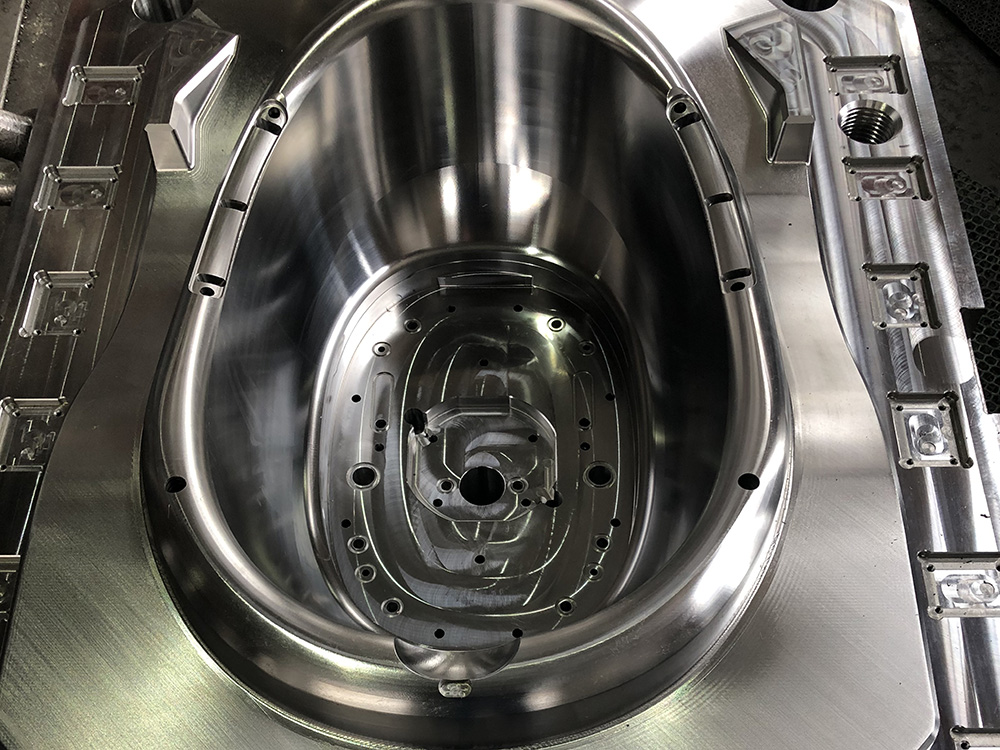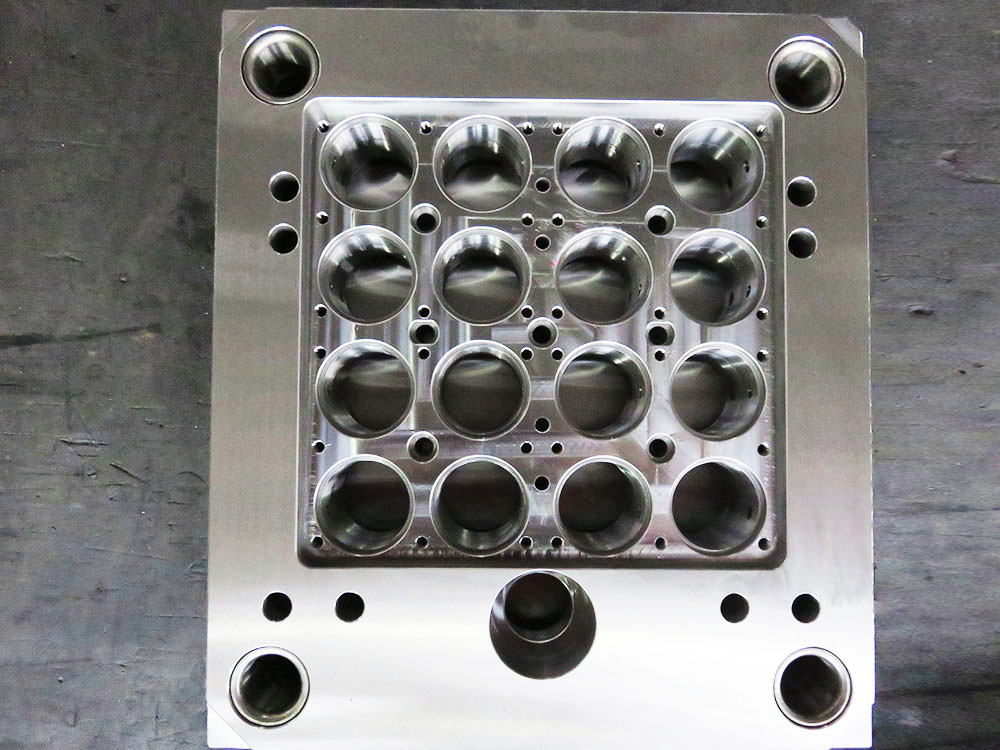The Importance of Material for Precision Mold Frame in the Mold Base Industry
When it comes to precision mold frame in the mold base industry, the choice of material plays a crucial role in determining the quality and performance of the molds. The frame, also known as the mold base, is the foundation upon which the mold components are mounted. It provides support and stability to the entire mold structure. In this article, we will explore the significance of selecting the right material for precision mold frames and its impact on the industry.
Material Selection Criteria
1. Strength and Durability: The material for precision mold frames should have high strength and durability to withstand the repeated mechanical stresses during the molding process. It should be able to maintain its structural integrity even under heavy loads and pressures.
2. Hardness: The hardness of the material is crucial as it determines the resistance to wear and tear. The surface of the mold frame should be able to withstand the abrasive effects of the molding materials without significant damage.
3. Thermal Conductivity: Given the high temperatures involved in the molding process, the material should have good thermal conductivity to ensure even heat distribution across the mold frame. This helps in preventing hot spots and ensures consistent molding results.
4. Corrosion Resistance: The material must have excellent corrosion resistance to protect the mold frame from the chemical reactions that can occur between the molding materials and the environment. It should be able to withstand exposure to moisture, chemicals, and other corrosive agents.
5. Machinability: The material should be easy to machine and process into the desired shape and dimensions. This is essential for manufacturing precision mold frames with intricate features and tight tolerances.
Commonly Used Materials
1. Tool Steel: Tool steel, such as AISI P20, is widely used in the mold base industry due to its excellent combination of strength, hardness, and machinability. It is highly resistant to wear, abrasion, and impact, making it suitable for high-performance molds.
2. Stainless Steel: Stainless steel, like 420 or 440C, is preferred in applications where corrosion resistance is of utmost importance. It offers good strength, hardness, and machinability, along with excellent resistance to rust and chemical attacks.
3. Aluminum: Aluminum alloys, such as 6061 or 7075, are lightweight and have good thermal conductivity. They are often used in molds that require rapid heat dissipation and reduced cycle times. However, aluminum has lower strength compared to tool or stainless steel.
4. Copper Alloys: Copper alloys, particularly beryllium copper, possess high thermal conductivity along with good strength and machinability. They are commonly used in molds that require maximum heat transfer.
Conclusion
The material selection for precision mold frames in the mold base industry is a critical aspect that determines the overall performance and longevity of the molds. The chosen material should meet specific criteria such as strength, hardness, thermal conductivity, corrosion resistance, and machinability. Tool steel, stainless steel, aluminum, and copper alloys are some commonly used materials in this industry, each offering unique properties to cater to different molding requirements. By selecting the right material with careful consideration, manufacturers can ensure the production of high-quality molds that deliver consistent and efficient molding results.




